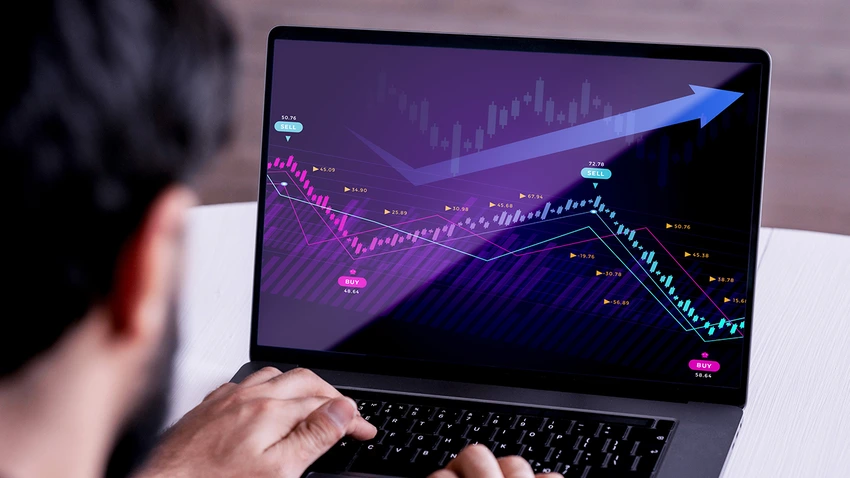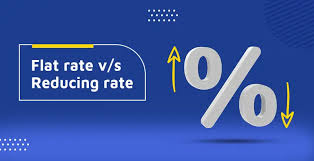Investing has become significantly more accessible in today’s digital-financial world. Whether you are a seasoned investor or a beginner exploring financial concepts like the necessity of a demat account, paper trading, and other investment basics, understanding these essentials can make your investment journey smoother.
Demat Account
A demat (dematerialized) account is an electronic account used to hold shares, bonds, mutual funds, or other securities in digital form. It eliminates the need for physical share certificates, making trading and investing more streamlined and secure.
Why is a Demat Account Important?
Safety and Security
A Demat account removes the risk of losing or damaging physical share certificates.
Faster and Convenient Transactions
Buying or selling shares is more efficient, with minimal paperwork and fewer delays.
Cost Savings
It helps reduce expenses such as stamp duty and handling charges associated with physical shares.
Automatic Updates
Corporate actions like dividends, stock splits, and bonus issues are automatically reflected in your account.
Collateral for Loans
Shares held in a demat account can be pledged to avail loans from banks and financial institutions.
Simplified Portfolio Management
You can manage all your holdings in one place, making tracking and monitoring easier.
Opening A Demat Account
Choose a Depository Participant (DP): A DP is a SEBI-registered financial intermediary (such as a bank, broker, or financial institution) through which you open your demat account. It must be affiliated with NSDL or CDSL.
Submit KYC Documents:
This includes your PAN card, Aadhaar card, address proof, and bank account details.
Complete Personal Verification
Some DPs may conduct this either physically or via video-based verification.
Get Login Credentials
Once your application is approved, you will receive access credentials to begin trading and investing.
What is Paper Trading?
Paper trading is a simulated trading method where individuals can learn to buy and sell securities using virtual money. It allows users to test strategies and understand the market without financial risk. It is commonly offered by brokers or educational platforms.
Paper Trading Benefits
Risk-Free Learning
As there is no involvement of real money, traders can try the different strategies without fear of losing the capital.
Understanding Market Dynamics
The investors come to know the extent of order execution, the scope of market trends, and how prices fluctuate in stock markets.
Innovation Investment Strategies
New investors get an opportunity to learn and experiment with various kinds of investments before applying them to their investment plans.
Testing Trading Platforms
It helps users to understand the various brokerage platforms before committing to them with real money.
Building Trust
Developing confidence in advance by practicing in the open market using the simulation environment.
How to Start Paper Trading?
Choosing a Platform for Paper Trading
There are many opportunities given by a broker and financial websites by providing a paper trading account where one can trade virtually.
Determine Virtual Capital
Decide on the amount of virtual money to start with and allocate the money for different investments.
Buy and Sell
As in real trading, execute trades in stock and manage your portfolio.
Analyze the Performance
Trace your gains and losses, assess failing for refinement, and perfect other strategies before going into the real market.
Why Combine a Demat Account with Paper Trading?
- To gain insight and confidence in the market, any novice would trade on a paper basis first before opening any demat account, as it would be a sort of stepping stone.
- Paper trading acts as a laboratory for strategizing before putting them to test with real money in the demat account.
- Through paper trading, a risk-loading understanding and risk-diversification for portfolios can be developed.
- The smooth transition from paper to real. Once a user becomes comfortable putting his strategies to work, he can then use his Demat account to start real investing.
Conclusion
A Demat account is a fundamental requirement for anyone investing in the stock market. It simplifies transactions, increases security, and offers an organized way to manage investments. Additionally, paper trading acts as a valuable learning tool to build experience without financial exposure.
Together, they form a strong foundation for developing investment confidence and strategies. A Demat account can represent for an investor the gateway to investing in stocks and securities: it is easy, safe, and lets one trade without the physical transfer of papers. At the same time, it is crucial to understand what paper trading is and how using it as a learning tool can enrich one’s investing journey with risk-free practice.






